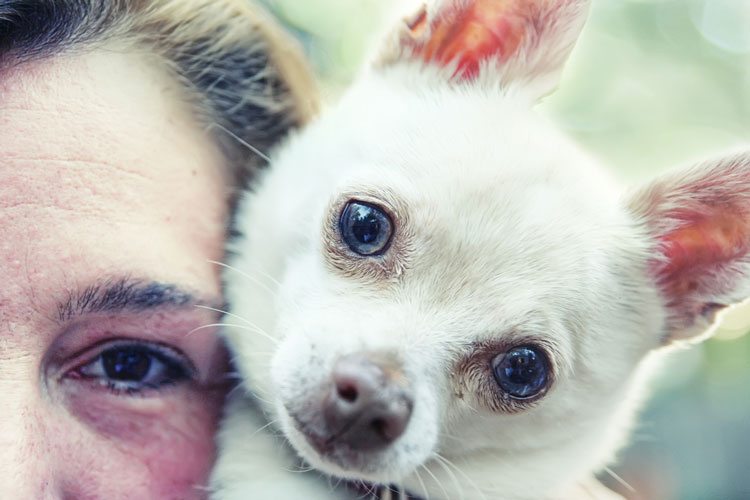Welcoming a teacup puppy into your home is an exciting and joyful experience. Often when Teacup Puppy Grows can weight less than five pounds even in adulthood, bring immense happiness and affection. However, owning a teacup puppy comes with unique considerations, especially as they transition from puppyhood to adulthood. Understanding what to expect can help ensure that your teacup puppy grows up healthy and happy.
Size and Growth
Teacup puppies are known for their small size, and they will remain petite throughout their lives. Unlike larger breeds, teacup puppies will reach their full size much earlier, usually by the time they are six to eight months old. It’s essential to monitor their growth and ensure they are receiving proper nutrition to support their development. Overfeeding can lead to obesity, which can be particularly problematic for these tiny dogs.
Health Considerations
Due to their small size, teacup puppies are more susceptible to certain health issues. Common concerns include:
Hypoglycemia: Teacup puppies have fast metabolisms and can quickly become hypoglycemic if they do not eat frequently. Symptoms include lethargy, trembling, and even seizures. Providing regular, small meals throughout the day can help prevent this condition.
Dental Problems: The small mouths of teacup puppies often lead to overcrowded teeth, which can result in dental issues such as plaque buildup and gum disease. Regular dental care, including brushing and professional cleanings, is crucial.
Fragile Bones: Teacup puppies have delicate bones that can be prone to fractures. It’s essential to handle them gently and provide a safe environment to prevent injuries. Avoid rough play and high jumps.
Heart Issues: Some teacup breeds are predisposed to heart conditions. Regular veterinary check-ups can help detect and manage any potential heart problems early.
Temperament and Training
Teacup puppies are known for their lively and affectionate personalities. They often form strong bonds with their owners and can be quite loyal. However, their small size can sometimes make them feel threatened, leading to defensive behaviors. Socialization from an early age is vital to help them become well-adjusted adults.
Training a teacup puppy requires patience and consistency. Positive reinforcement methods work best, as these tiny dogs can be sensitive to harsh training techniques. Basic obedience training, along with potty training, should start early to establish good habits.
Lifespan and Longevity
With proper care, teacup puppies can live relatively long lives, often ranging from 12 to 15 years. Ensuring they receive regular veterinary care, a balanced diet, and plenty of love and attention will contribute to their overall longevity and quality of life.
Grooming Needs
Teacup puppies often require regular grooming to keep their coats healthy and free from mats. Depending on the breed, they may need frequent brushing, bathing, and trimming. Regular grooming sessions also provide an opportunity to check for any signs of skin issues or parasites.
Emotional Needs
Teacup puppies thrive on human interaction and can suffer from separation anxiety if left alone for long periods. They are happiest when they can spend quality time with their owners. Providing them with toys and activities can help keep them mentally stimulated and prevent boredom.
Owning a teacup puppy is a rewarding experience, filled with love and companionship. These tiny dogs bring immense joy but require special attention and care.
Puppy Therapy
If you’re considering adding a teacup puppy to your family, we recommend exploring Puppy Therapy, a reputable company specializing in teacup puppies. They are committed to providing healthy, well-socialized puppies and offer ongoing support to ensure your new furry friend thrives in their new home. Puppy Therapy’s dedication to the well-being of their puppies makes them a trusted choice for anyone looking to experience the joy of owning a teacup puppy. Check our Available Puppies here.




